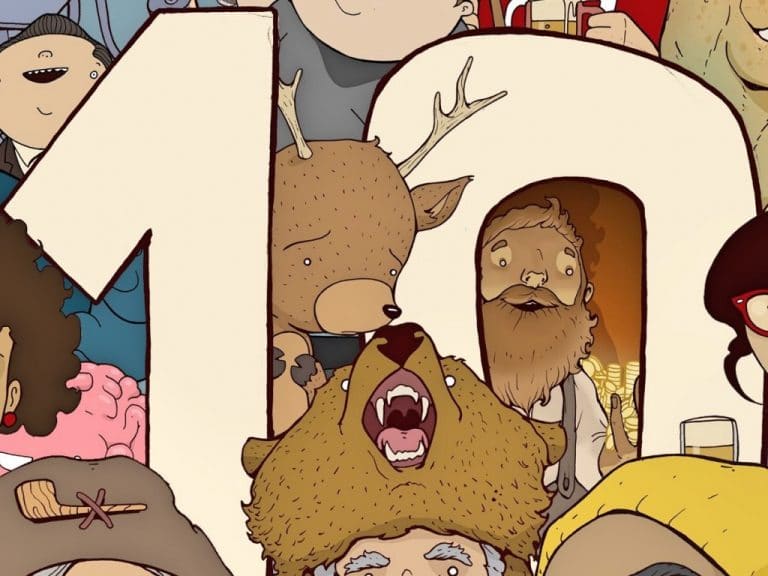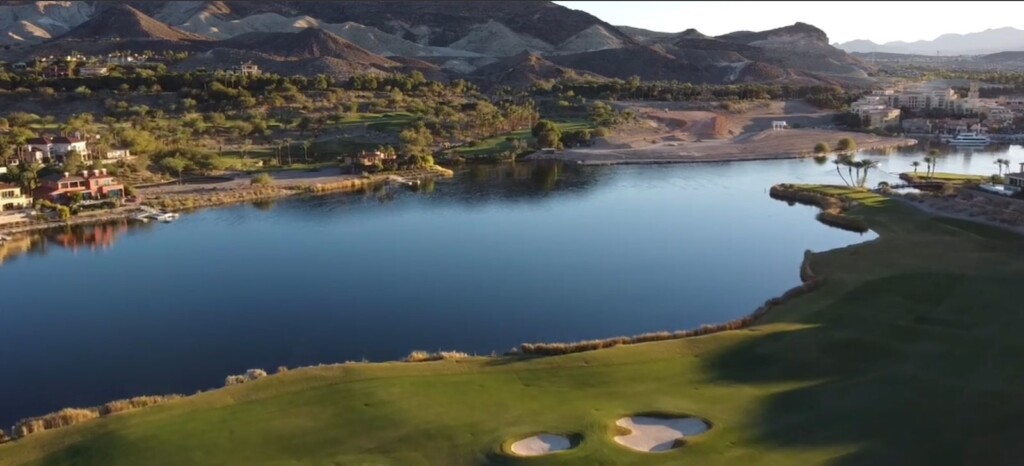Utah Stories Turns 10 years old
Wow! Utah Stories is 10 years old—has it really been that long since this magazine’s first printed issue?
The world has vastly changed in 10 years. I still hear from many readers who say, “Gee! I’ve never seen this before. Where did this come from?” For them, I will attempt to answer that question.
The Utah Stories concept was started in 2006 by registering a catchy URL: UtahStories.com.
I was hoping one day to be a documentary filmmaker, but I was discouraged. In an age of short attention spans, long films had lost their appeal. They required grant writing, permissions, submissions—essentially, lameness. Short films, on the other hand, could be done with a quick turnaround. Best of all, they could be self-financed and distributed quickly online.
The idea was to put my short films on UtahStories.com and make my films by simply asking, “Why?”
For example, I asked, “Why not allow school vouchers?” “Why is Crossroads Mall being demolished?” “Why was it built in the first place?” “Why is a developer demolishing historic Sugar House?” “Why are there so many drug dealers in Pioneer Park?” I spent at least three weeks on every story, always asking, “Why?”
Curiosity does not, in fact, kill the cat
Curiosity drove the concept and the momentum. An accolade from City Weekly, along with praise and a report from KSL news, gave me the encouragement to spend more time doing stories.
But for two years, Utah Stories remained a “part-time gig.” I had no real plan or hope of making money at it.
But I didn’t want Utah Stories to simply be a labor of love. What “labor of love” really means is that you don’t have the moxie to actually go for it. So I thought if there were more writers and journalists like me, maybe together we could find a way.
One big advantage to a bad economy is that people aren’t so worried about spending their time making a lot of money.
When an economy is booming everyone is worried about how to cash in on the boom. When an economy is in the tank and thousands of people are being laid off, people begin to realize that maybe there is more to life than a job and “spending power.”
It’s interesting that it requires an economic collapse for people to realize that time is actually more scarce than money.
Money can always be earned, but the time we spend at unfulfilling jobs can never be retrieved. Millennials seem to get this. Exchanging our time, brain power, and energy for the highest dollar amount we can possibly earn might not be the best trade-off if we are only contributing to the insanity of the world.
My point is that I was lucky to start when the economy was so poor, because a lot of great writers joined me in my call to provide “The voice of local Utah.”
Eleven years ago, I never believed that launching an actual magazine was possible during the “worst recession since the Great Depression.” But our stories carried momentum. Local breweries especially realized the great need and value in buying locally and providing a voice for local business owners. The work of selling ads was driven by our passion to tell great stories and ask the tough questions.
Utah Stories wanted, and will always want, true value
But the main driver that both attracted and kept talented former newspaper writers and journalists writing for Utah Stories was our adherence to a clearly different format from the main-stream media.
What is the value of news when it consists mostly of car crashes, rapes, murders, suicides, and all of the most negative aspects of life?
Valuable media comes from those who produce for the local marketplace and community: people, places, events, food, beer, wine, culture, and art that everyone can readily appreciate.
Why not examine the people who create and add value? Those are the people who are making Utah a better place. To a lesser extent, why not examine those people who are ripping everyone off or destroying this value?
As the newspapers and news stations were struggling, I noticed that “human interest” stories were the first on the chopping block. “If it bleeds it leads” is the mantra by which the mainstream media produces content. But isn’t it the human interest stories that everyone appreciates? No, not really.
It’s eyeball attention and viewership that drive ad sales and revenue. So, while interesting things humans do might inspire, it’s horrific accidents that keep viewers tuned in. It’s attention the media attempts to capture with shocking headlines by stoking fear, anger, greed, and deception.
I spoke to Rod Decker from KUTV about this. That podcast is worth watching. It’s not so much a criticism of local news as it is about the status quo.
We choose to “consume” media to be shocked, entertained, and to allow our brain chemistry to become active and thus become consumed by it. Facebook boasts, “The users are our product.” User data—your private data—is what they have monetized. So as long as you surf, click and type online, and remain a passive consumer, You are a very valuable commodity to them.
Perhaps another way?
What if instead of becoming the fish always getting snagged by the click bait, we all become more deliberate in the type of media we consume?
What if instead of being passive consumers, we become active participants in the media and the public discourse that actually matters? And I’m not talking about becoming a Facebook or Twitter troll.
What if we spent a little more time filtering the constant stream of noise and start paying attention to that which is actually relevant in our daily lives? There are important things to pay attention to and those things aren’t found on your phone, but in your backyard, your neighborhood, your community.
Do you really want to be a product that your phone apps sell to advertisers?
Do you want your brain to be consumed by algorithms designed to rewire your behavior to do as the apps instruct your brain to do? If you don’t, then become an active agent of the change you want to see in the world instead of being a lemming going over the cliff of technology.
To sum up, Utah Stories doesn’t want consumers. We need deliberate, conscious, curious observers. These are the people who have always provided us with our best story ideas. These are the people who answer our call to buy local. If you read this far, then we need more people like you. We want to find value, meaning and truth, and provide a witness to these ideals.
Thank you for ten years from everyone at Utah Stories! Thank you to all of the contributors, editors and staff! None of this would have been possible without you. Thank you to our readers! I am looking forward to more research, writing, events, and now podcasts in our future!







